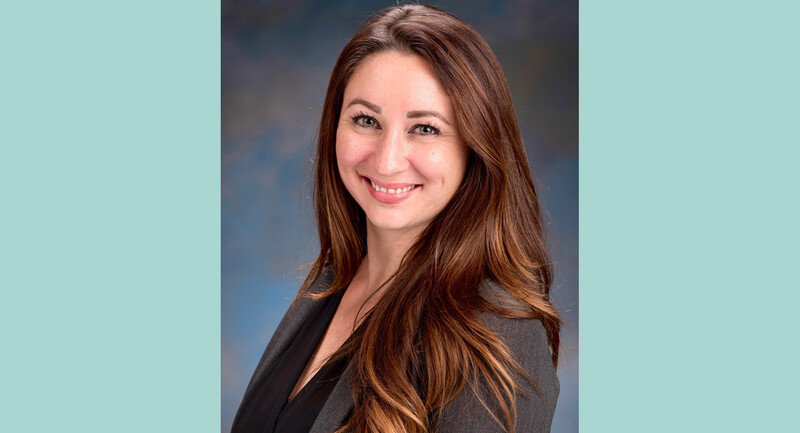Educator Geoffrey Canada recalls that as a child growing up in the ghetto, his favorite comic book character was Superman. When his mother told him Superman was not real, he cried because he realized "no one with enough power was coming to save us" (Friedman, 2010).
At ASCD's Annual Conference last March, Canada described what did empower him academically and personally. He learned to read—and found joy and solace in poetry, from Dr. Seuss to Langston Hughes. In college, encountering a challenging statistics class, he was ready to drop his psychology major, but a professor told him that what he needed to do instead was to look at the subject from an angle more suited to his personal way of thinking. Only after he aced the statistics class did he realize that his teacher not only had shored up his fragile ego but also had gotten him to study two statistics textbooks instead of one.
Years later, the school reform effort that Geoffrey Canada founded and still leads, the Harlem Children's Zone, is widely celebrated for its success in educating at-risk children. Educators, health professionals, and community members work as a team to provide not only more and better instruction but also health services and social supports to students and families alike. The program, in fact, is sometimes characterized as "a superhuman effort" to save children from falling into the widening achievement gap that threatens so many kids.
Ironically, when one looks for interventions that work, the desire to find a super-theory is still strong. One solution, which offers compelling evidence that providing every student with the additional time and support needed to learn at high levels actually works, is Response to Intervention (RTI), authors Austin Buffum and colleagues (p. 10) tell us in this issue of Educational Leadership. RTI does not specify the interventions that a school must use but endorses increasingly intensive instruction—from Tier 1 to 3—if the first interventions do not prove effective.
Response to Intervention can address both academic and behavioral issues, apply to general as well as special education, be adapted to specific circumstances, and look different from school to school. By making intervention an instructional strategy for all, it may also remove the stigma associated with learning problems and catch students up before they fall far behind their classmates.
Of course, it is not easy to know which interventions to use, how to monitor their effectiveness, and what to do to replace ineffective plans. The U.S. Department of Education offers some technical guidance, but knowing just how to use any available funds is still complicated. In this issue, our authors share their own ideas for capitalizing on the power of an education and implementing interventions that work.
At the classroom level, for example, Robyn Jackson (p. 18) describes her "red flag" method—establishing unambiguous, hard-to-ignore warnings that tell her a student is headed for academic trouble and help her plan how to get that student the interventions he or she needs. Joshua Lawrence and colleagues (p. 22) describe the research-based Word Generation program, a whole-school, cross-content program that has potential for improving reading comprehension. Other authors suggest ideas for revamping discipline programs (pp. 28, 70); instilling executive skills in students who lack them (p. 35); modifying academic programs (pp. 58, 64, and online); and identifying and reaching students with autism (p. 40) or depression (p. 46).
In a recent interview with Teacher Magazine, Richard Allington, who has called RTI "our last, best hope," identified his own wish for implementing RTI: investing in reading specialists and improving the quality of reading instruction in kindergarten and 1st grade (Rebora, 2010). "It's not a question that we don't know what to do," he said. "It's a question of having the will to develop full literacy in this country and to organize school and allocate money in ways that would allow us to do that."
If our interventions are going to work, we will need to bring all our will and expertise to the cause of educating every student. To paraphrase another hero from the comics, we have met the superman and he is us.









